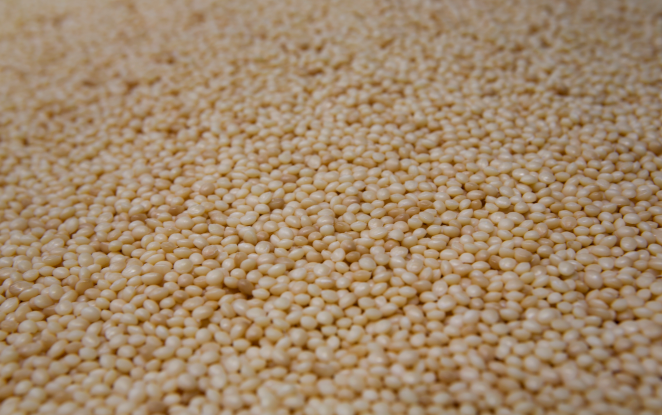Novamont Iberia among the guests of the webinar “Biodegradable Plastics in the circular economy”
On March 30, the second edition of the webinars "Biodegradable Plastics in the circular economy", promoted by Asobiocom (the Spanish Association of biodegradable and compostable plastics) and ANAIP (the association that represents the Spanish plastics transformation industry) for the Spanish and Latin American markets, aimed at illustrating the bioplastics available, their characteristics and the certifications, concluded.
Among the speakers of the last webinar "Aplicaciones de plásticos biodegradables en envases, agricultura y otros sectores" also Rosa Puig Moré, Marketing Manager of Novamont Iberia. Rosa Puig Moré presented the Group's circular bioeconomy model based on the efficient use of renewable resources, soil regeneration and the interconnection of integrated biorefineries dedicated to the production of biobased products.
In particular, she highlighted how bioplastics are a key instrument to overcome pollution problems and close the carbon cycle. Compostable bioplastics can help reduce the contamination of organic waste, returning to the soil as quality compost. Moreover, if left on the ground, bioplastics which biodegradate in soil do not leave harmful residues, thus risks associated with the release of products into the ecosystem are minimized as well as soil pollution.
Among the speakers of the last webinar "Aplicaciones de plásticos biodegradables en envases, agricultura y otros sectores" also Rosa Puig Moré, Marketing Manager of Novamont Iberia. Rosa Puig Moré presented the Group's circular bioeconomy model based on the efficient use of renewable resources, soil regeneration and the interconnection of integrated biorefineries dedicated to the production of biobased products.
In particular, she highlighted how bioplastics are a key instrument to overcome pollution problems and close the carbon cycle. Compostable bioplastics can help reduce the contamination of organic waste, returning to the soil as quality compost. Moreover, if left on the ground, bioplastics which biodegradate in soil do not leave harmful residues, thus risks associated with the release of products into the ecosystem are minimized as well as soil pollution.

